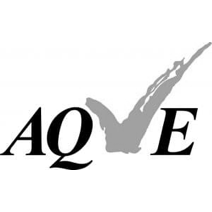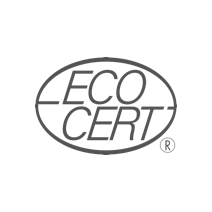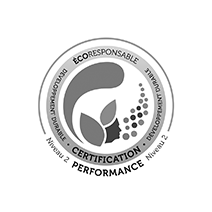In Québec, since June 28, 2021, the Regulation concerning the traceability of excavated contaminated soils has been in effect, mandating the use of the government's system for the traceability of excavated contaminated soils,
Traces Québec. Since January 1, 2023, this regulation applies to all construction sites, making the use of Traces Québec mandatory for all excavation work involving contaminated soils. Thus, the management of contaminated soils is carried out in accordance with the current regulations, ensuring the protection of the environment and public health while promoting the rehabilitation of degraded land and limiting negative socio-economic impacts.
Although site decontamination is not always mandatory, the presence of contaminants is always a factor that limits the value of a property, in addition to posing a significant legal risk if this contamination spreads to neighboring sites.




